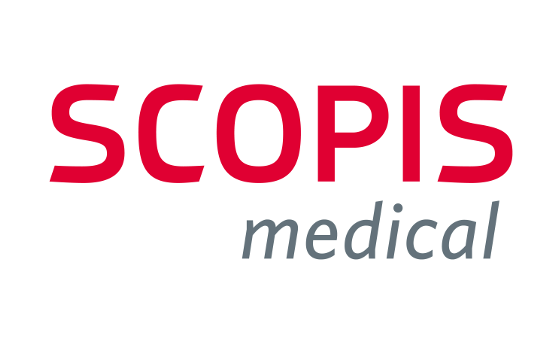 Scopis, a company specializing in surgical navigation and medical augmented and mixed reality technologies, announced today the launch of its newest development, the Holographic Navigation Platform for use in surgery. Scopis developed this platform to offer greater precision and speed to surgeons, and better outcomes to patients undergoing open and minimally-invasive spinal procedures. The added innovation of incorporating Microsoft HoloLens into the Scopis Navigation Platform lets surgeons plan the positioning and alignment of pedicle screws during multiple vertebrae fixation surgeries, for example.
Scopis, a company specializing in surgical navigation and medical augmented and mixed reality technologies, announced today the launch of its newest development, the Holographic Navigation Platform for use in surgery. Scopis developed this platform to offer greater precision and speed to surgeons, and better outcomes to patients undergoing open and minimally-invasive spinal procedures. The added innovation of incorporating Microsoft HoloLens into the Scopis Navigation Platform lets surgeons plan the positioning and alignment of pedicle screws during multiple vertebrae fixation surgeries, for example.
To use the Scopis Holographic Navigation Platform during such an operation, the surgeon wears Microsoft HoloLens glasses, which communicate wirelessly with the Scopis system. The planned positioning of the pedicle screws is projected onto the surgeon's field of view and overlaid exactly onto the patient, creating the mixed reality experience. This allows the surgeon to find the screws’ planned positions faster and to align surgical instruments interactively with the holographic visualization.
"Scopis' holographic solution has the potential to make spine surgery more effective, safe, and precise," said Professor Christian Woiciechowsky, Chief of the Spinal Surgery Clinic at Vivantes Humboldt Hospital in Berlin. "Integrating mixed-reality tools into surgery is a huge technological advancement toward enhancing a surgeon’s vision and may provide greater benefits to patients."
Scopis' technology improves the accuracy of mixed reality overlay using additional 3-D position tracking. The Scopis holographic platform revolutionizes surgical workflows by enabling surgeons to use gestures to place virtual monitors into their visual field near the patient, so their eyes remain on the operative field.
Scopis' technology could also benefit patients and medical professionals by reducing the radiation exposure from fluoroscopy devices that are currently used to determine the optimal position for screw placement during surgery, as well as improve surgical outcomes through more precise alignment and shorter surgery times.
"Scopis' Holographic Navigation Platform is a universal solution that offers specific advantages for spinal surgeries and can also be applied in the many other areas where the highest levels of precision and speed are critical. In neurosurgery, for example, brain tumors could be located faster and with higher accuracy," said Bartosz Kosmecki, CEO and Founder of Scopis. "The development of this holographic platform further highlights Scopis’ leading role in medical mixed and augmented reality."
For further information, please visit:
http://www.scopis.com
About Scopis
Scopis is a leader in medical augmented reality (AR), mixed reality, and hybrid navigation, creating innovative solutions for the healthcare market, including technology for surgical education, and planning and navigation systems for otorhinolaryngology (ENT), craniomaxillofacial (CMF), neuro- and spine surgery, and bronchoscopy. In over 50 countries worldwide, surgeons have performed more than 10,000 surgeries with the aid of Scopis’ products and have benefitted from the highly-advanced image guidance and visualization capabilities of Scopis' technology.
Scopis is known as one of the top vendors and innovators for surgical navigation systems and has business operations in Germany and the United States.